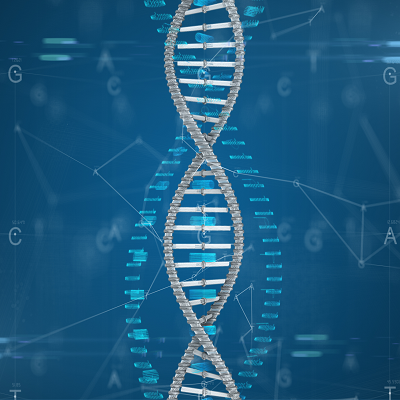June 7, 2023 -- Three people with heart failure caused by the build-up of sticky, toxic proteins are now symptom-free after their condition spontaneously reversed -- an unprecedented medical event. The study, supported by the Royal Free Charity and published Wednesday as a letter in The New England Journal of Medicine, found that three men, initially diagnosed with transthyretin cardiac amyloidosis, had virtually recovered.
Transthyretin amyloidosis is caused by amyloid deposits composed of a blood protein called transthyretin (TTR). The protein deposit buildup in the heart, also called amyloid transthyretin CM (ATTR-CM), can be either hereditary or non-hereditary. ATTR-CM diagnosis previously required a heart tissue biopsy. However, imaging technology advances within the past 20 years have led to substantially more people being diagnosed with the disease. Better imaging also results in better monitoring of the disease's progression.
ATTR-CM is progressive and usually irreversible; half of all patients die within four years of diagnosis. Current treatments aim to relieve heart failure symptoms, including fatigue, swelling in the legs and abdomen, and shortness of breath. Several gene-silencing therapies which reduce TTR protein concentration in the blood, thereby slowing amyloid formation, are currently being trialed.
The study was initiated when a 68-year-old man reported improvement of his symptoms, prompting researchers to examine 1,663 ATTR-CM patient records. They were able to identify only two more cases, in men ages 76 and 82 years. The three men's reports of improving symptoms were confirmed by objective assessments including cardiovascular magnetic resonance scans showing that amyloid buildup in their hearts had almost completely cleared. Heart structure and function had returned to near-normal levels.
The researchers observed evidence of an immune response, found only in the three men, that specifically targeted amyloid. One man underwent a heart muscle biopsy that revealed an atypical inflammatory response surrounding the amyloid deposits, including white blood cells called macrophages. No such inflammatory response was detected in 286 biopsies from other ATTR-CM patients. The researchers also found antibodies in the three patients that bound specifically to ATTR amyloid deposits in mouse and human tissue, and to synthetic ATTR amyloid. No such antibodies were present in 350 other patients in the cohort.
The researchers believe the data indicates that these antibodies likely facilitated the patients' recovery, and that there is potential for such antibodies to be recreated in a lab and used therapeutically. Once harnessed, the antibodies could potentially be combined with other therapies that suppress TTR protein production, enabling clinicians to clear away amyloid while simultaneously preventing its further deposition.
"We have seen for the first time that the heart can get better with this disease. That has not been known until now," lead author Marianna Fontana, professor at the University College London Division of Medicine, noted in a statement. "It raises the bar for what might be possible with new treatments."
Copyright © 2023 scienceboard.net











